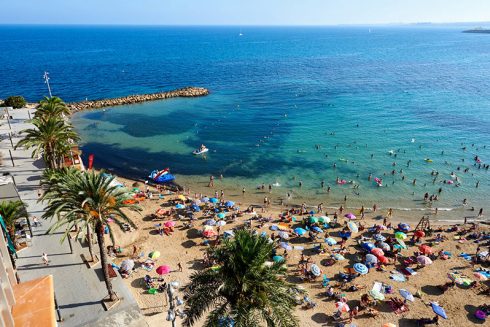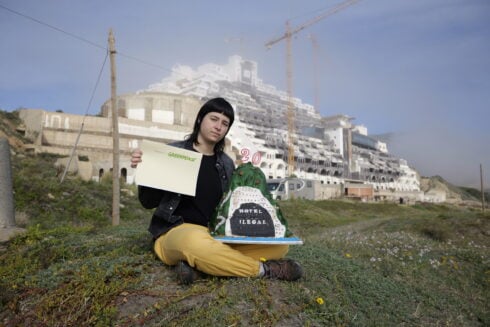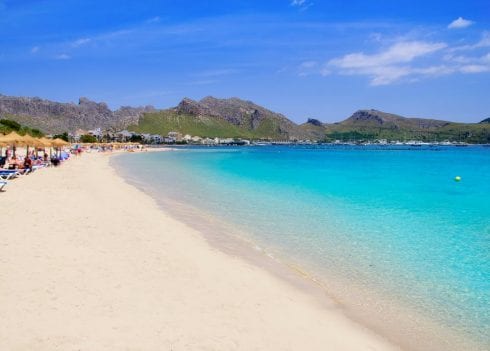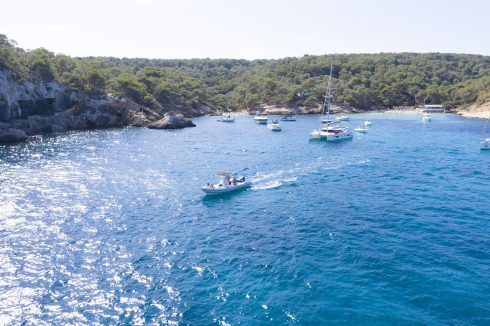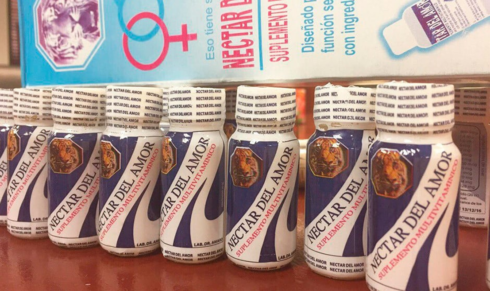A SPANISH website has been revealed as a central pillar in a scam that sought to cheat European health authorities out of millions of euros by selling non-existent facemasks.
Last minute action stopped €500,000 from the German health authorities being sent to an account in Nigeria after the funds were wired via the UK in a complex web of transactions.

The sophisticated fraud rested on a website in Spain that was apparently set up to snare government organisations looking to source protective gear for nurses, doctors and other health personnel.
In mid-March the scammers ‘hooked a large fish’ when the German Government placed a large order.
It had contracted two sales companies in Zurich and Hamburg to buy €15 million worth of face masks.
With a global shortage of medical supplies complicating usual business channels, the buyers followed new leads in the hopes of securing the masks.
They first got in touch with what appeared to be a legitimate website in Spain.
This later turned out to be a fake and a real company’s legitimate email addresses had been compromised to give it a veneer of respectability.
Through email correspondence, the fake company claimed to have 10 million masks, only for the delivery to fall through.
As ‘consolation’, it then referred the buyers to a ‘trusted’ dealer in Ireland.
The Irish middleman promised to put them in touch with a different supplier, this time in the Netherlands.
The man provided assurances that the alleged Dutch company would be able to supply the 10 million face masks. An agreement for an initial delivery of 1.5 million masks was made, in exchange for an up-front payment of €1.5 million.
The buyers initiated a bank transfer to Ireland and prepared for delivery, which involved 52 lorries and a police escort to transport the masks from a warehouse in the Netherlands to the final destination in Germany.
Just before the delivery date, the buyers were informed that the funds had not been received and that an emergency transfer of €880,000 straight to the Dutch supplier was required to secure the merchandise.
The buyers sent the wire transfer but the masks never arrived.
It turns out the Dutch company existed, but its website had also been cloned.
There was no official record of the order.
When the buyers realised they had been duped, they immediately contacted their bank in Germany, setting off an international race to intercept the funds and follow the money trail.
Europol and Interpol were called in to coordinate the operation.
Prompt intervention by the Garda National Economic Crime Bureau in Ireland allowed them to freeze the €1.5 million being held in an Irish account and identify the Irish company involved.
The Dutch Fiscal Information and Investigation Service quickly tracked down the second payment of €880,000.
Nearly €500,000 had already been sent to the United Kingdom, all of which was destined for an account in Nigeria. The funds were recovered before they were sent on to the African country.
This operation has already led to two arrests in the Netherlands and is ongoing as investigators across Europe are continuing to work on the case.
Click here to read more Spain News from The Olive Press.



